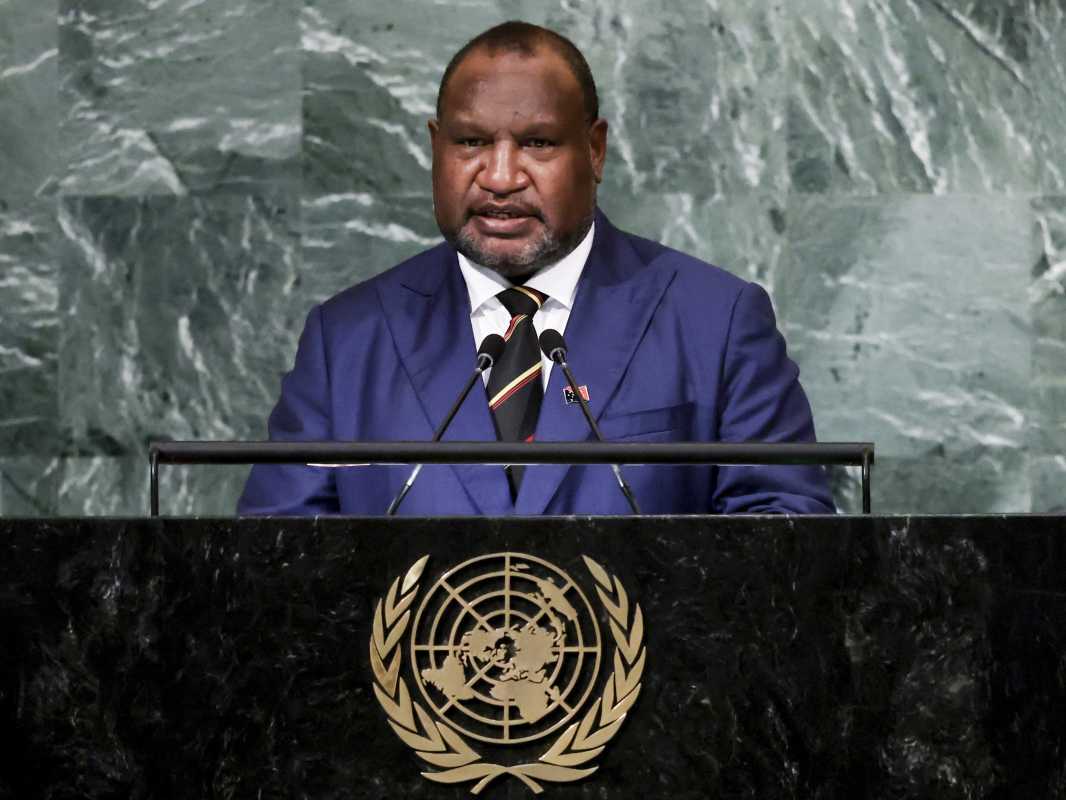World
Deadly Gunbattle Erupts Between Warring Tribes in Papua New Guinea Highlands

Amid escalating tribal tensions in the highlands of Papua New Guinea, a deadly gunbattle has shocked the nation, resulting in at least 49 casualties, including combatants and civilians. The clash occurred in Enga province, as a tribe, along with their allies and mercenaries, were ambushed on their way to launch an attack on a neighboring tribe.
The Royal Papua New Guinea Constabulary, led by Acting Superintendent George Kakas, initially reported 53 combatants killed in the conflict. Police Commissioner David Manning later confirmed the confrontation as a “gunbattle between warring tribes.” The situation remains volatile as authorities work to establish control in the region.
Papua New Guinea’s Prime Minister, James Marape, expressed grave concerns over the violence in Enga, urging the tribal factions to disarm and seek peaceful resolutions to their disputes. John Luther, a leader from Akom village, emphasized the devastating loss of lives and cautioned against further escalations in retaliation.
Amid accusations of military involvement in the conflict, government lawyer Oliver Nobetau highlighted the risk of retaliatory violence and the challenges faced by law enforcement in quelling tribal unrest. The incident underscores the complex security landscape in Papua New Guinea, where internal instability meets external geopolitical interests.
With Australia, the United States, and China eyeing closer security ties in the region, Australian Prime Minister Anthony Albanese reaffirmed support for Papua New Guinea in the aftermath of the deadly clash. The international community closely monitors the situation, recognizing the strategic significance of stability in the South Pacific.
Enga Governor Peter Ipatas disclosed prior warnings of the impending violence, shedding light on the underlying tensions that have fueled tribal conflicts. The engagement of high-powered firearms in recent skirmishes has raised concerns about the safety of both civilians and law enforcement personnel.
As Papua New Guinea grapples with the aftermath of this tragic event, the need for sustainable peace-building efforts and effective governance mechanisms becomes increasingly evident. The resilience of communities in the face of such challenges underscores the imperative for holistic solutions to address underlying grievances.












